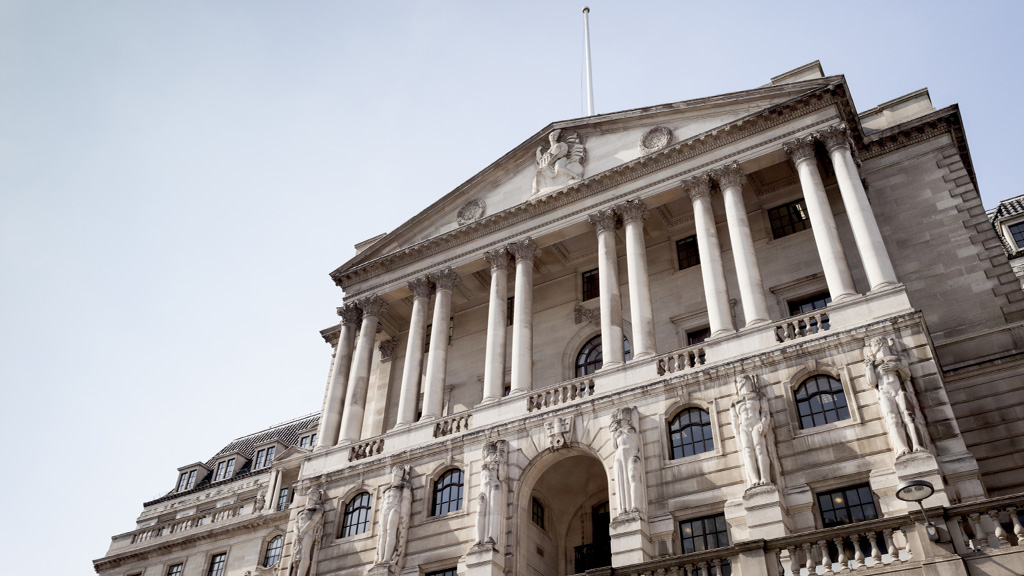MPC split 8-1 – but interest rates kept on hold at 0.5 per cent
At least one member of the Bank of England’s monetary policy committee voted for an increase in interest rates in the August meeting, the minutes of the meeting reveal today.
But a short-term hit to inflation from a further fall in oil and commodity prices now make it much more unlikely there will be a rate rise later this year. Instead interest rates are now more likely to start rising in the spring of 2016, to help the MPC meet its target of getting inflation back to target within the next two years.
Ian McCafferty became the first MPC member to break from the rest of the pack for the first time this year by voting to raise rates by 25 basis points, saying he believed the risks to inflation rising – due to increased consumer spending and confidence – were strong enough to act now.
But the rest of the committee – all eight members, including the governor of the bank, Mark Carney – voted to keep rates on hold at 0.5 per cent, where they have been since the credit crisis.
In its inflation outlook – also published today for the first time alongside the bank’s interest rate decision – the bank broadly stuck to the same forecast for inflation to reach its target of 2 per cent within two years, although at a marginally slower rate, about 3 months later than it predicted in May.
Slower because it now sees inflation set to dip further in the short term – or even enter negative so-called deflationary territory – than it did last month due to the impact of a renewed fall in the price of oil and a rise in the value of sterling.
That being the case, it seems the likelihood of interest rates rising this year are now very low.
But the MPC said it saw the impact of oil prices dissipate by the end of the year, when inflation will finally start to pick up. Although it’s never an exact science, this would imply interest rates will start to rise in the spring of next year, or two years before the bank hopes to hit its 2 per cent inflation target in the third quarter of 2017.
Of course, if Greece doesn’t reach agreement on its bailout or some other external shock rears its head, all these assumptions will go out the window.
Overall, the MPC was very upbeat about the prospects for the UK economy, however. It predicted an increase in growth, or GDP, for the third quarter of 2015, of 0.7 per cent, matching the rate achieved in the second quarter.
It said its outlook is based on steady global growth, strong consumer and business demand domestically, and continued wage growth which it predicted to hit 4 per cent. All of these factors will offset any risks from the euro area and slowing growth in China. It also said the impact of slowing austerity announced in June’s budget had a “very small impact” on its economic assumptions.
One unknown factor that could cause a problem is the recent weakness in employment data, where unemployment hasn’t fallen as quickly as before.
“It’s quite a lot weaker and it’s not just a one-month phenomenon,” one bank insider said.
Yet on the flipside, conversations with employers have shown no sign of slowing demand for new staff. So the reason for the bad employment data isn’t obvious. Rather than slowing demand for jobs – known as slack demand – it could be that it’s getting harder for employers to find the right skills.
Follow @siobhankennedy4 on Twitter

